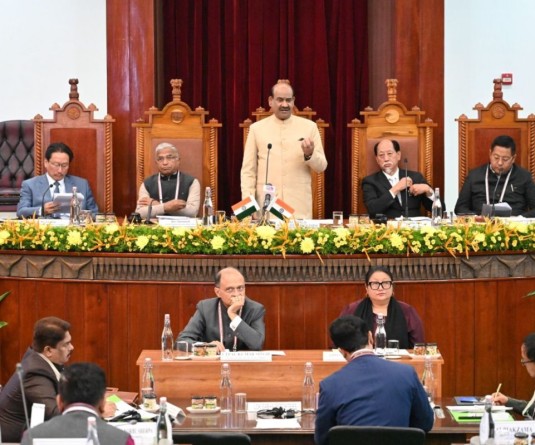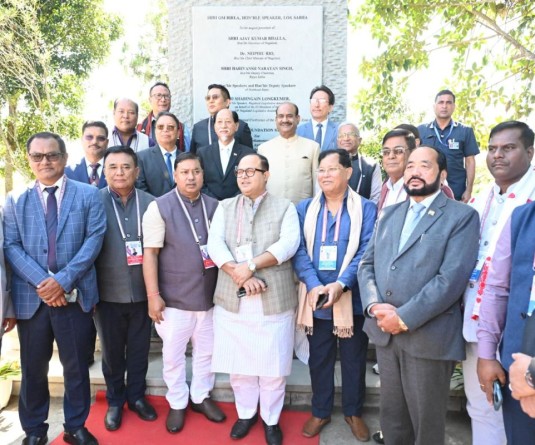
357 cases of Dengue reported from Dimapur in 2017
Morung Express New
Dimapur | July 20
The National Vector Borne Disease Control Program (NVBDCP) in partnership with the Department of Health & Family Welfare, Christian Institute of Health Science and Research (CIHSR) and Nagaland Development Outreach, NBCC organized a Training of Trainers (TOT) workshop cum awareness on Dengue for youth and village council representatives and church leaders from different colonies of Thahekhu, Signal colonies and Signal Angami area on July 20 at Sumi Baptist Church, Lhomithi Colony.
Dr Rohan Michael Ramesh, MD, Consultant, Dept of Community Health, CIHSR (Referral Hospital) who was present as resource person earlier pointed that 357 cases of Dengue were reported from Dimapur last year, with most cases reported after the month of July till November. “The reason being Dimapur having a hot and humid weather condition where mosquito breeding thrives,” he mentioned.
Dengue epidemics are also susceptible in Dimapur due to high population, improper dumping sites and stagnant water and clogged drains.
Dengue which is caused by the dengue virus is spread from person to person from the female Aedes mosquito (tiger mosquito) also called fearless daytime biters where common clinical symptoms include high fever, severe headache, rashes, vomiting, joint pains etc. Such symptoms may occur after 4 to 10 days of mosquito bite. Few cases of ‘severe dengue’ with breathing difficulty, gum and nose bleeding, severe abdominal pain were also reported during the previous years, he said.
While adding that an infected person can infect a normal person through the mosquito, he, however, stated that pregnant women, babies, older people, people who are obese and people who have diabetics, kidney failure or certain blood diseases are more at risk to be infected.
Stating that prevention at an early stage is pertinent, Dr Rohan further suggested anti-larval measures for mosquito breeding. He pointed that removing man-made mosquito habitats, clearing clogged drains and releasing larva eating fish in water areas unlike using chemical sprays are effective measures. Applying mosquito repellents, wearing bright clothing and sleeping under treated mosquito nets were other measures to avoid mosquito bites.
Sensitizing on the need to spread awareness at community level, he said that the trainees can help raise awareness on dengue and mosquito breeding site management in the locality and also reach out to the District Hospital, Dimapur for testing dengue through blood tests. Group discussion for planning community program and field exercises for getting rid of mosquito breeding sites was conducted. Mosquito larva and larva eating fish were also demonstrated during the workshop.
Altogether 48 participants attended the workshop. The Health and Family Welfare Department earlier said that in twine with the observation of the Anti-Dengue month in July, such awareness campaigns and workshops will be conducted in other areas of Dimapur which is vulnerable to dengue epidemics.






